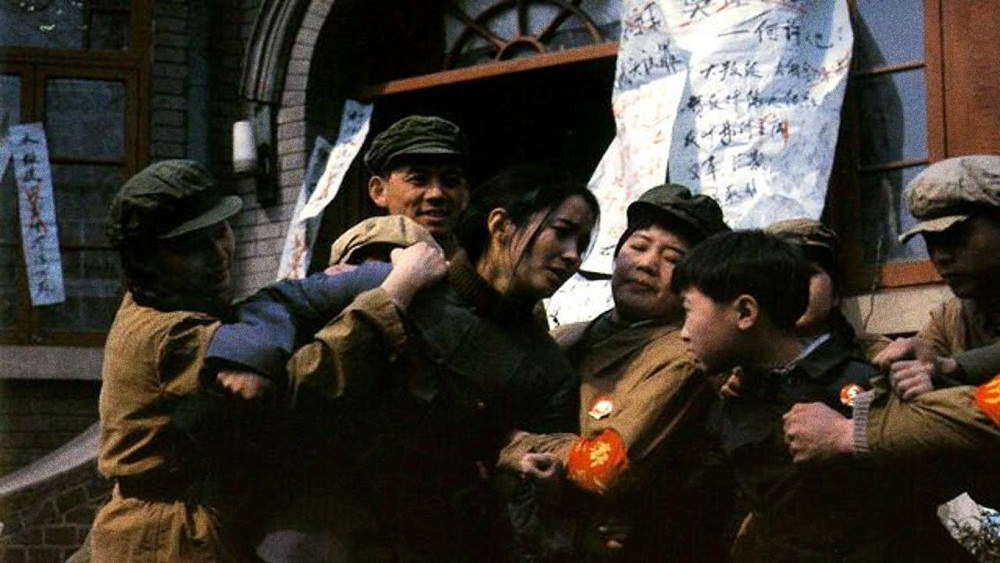postphx.com – “The Blue Kite,” directed by Tian Zhuangzhuang, is a 1993 Chinese drama that offers a compelling and intimate portrayal of life during some of China’s most tumultuous periods. The film, known for its sensitive depiction of personal and political struggles, provides a window into the impact of historical events on ordinary families, capturing the essence of resilience amidst adversity.
Plot Overview and Historical Context
Set in Beijing from the 1950s to the 1970s, “The Blue Kite” follows the life of Tietou, a young boy, and his family as they navigate the political upheavals of the Anti-Rightist Campaign, the Great Leap Forward, and the Cultural Revolution. Through Tietou’s eyes, the film explores the effects of these events on his family, highlighting the personal costs of political ideologies and the struggle to maintain hope and love in an oppressive environment.
Character Development and Performances
The film’s narrative is deeply rooted in the experiences of Tietou’s family, particularly his mother, Chen Shujuan, portrayed with emotional depth by Lü Liping. The characters are crafted with care, each representing different facets of the social spectrum during this era. Tietou’s journey from childhood to adolescence reflects the loss of innocence and the harsh realities faced by many during these turbulent times. The performances are understated yet powerful, emphasizing the resilience and quiet dignity of individuals in the face of systemic challenges.
Themes and Cinematic Style
“The Blue Kite” addresses themes of survival, familial bonds, and the enduring human spirit in the face of political oppression. Tian Zhuangzhuang’s direction employs a subtle and realistic style, with attention to detail that brings authenticity to the film’s historical setting. The use of the blue kite as a motif symbolizes both the fragility and endurance of hope, serving as a poignant reminder of the human capacity for resilience.
Conclusion
“The Blue Kite” is a significant work that not only offers a glimpse into a critical period of Chinese history but also resonates universally with its themes of love, sacrifice, and perseverance. Despite facing censorship and controversy, the film stands as a testament to the power of cinema to illuminate personal stories within the broader context of historical change. It remains an important cultural artifact that continues to inspire reflection and discussion on the impact of political ideology on individual lives.
